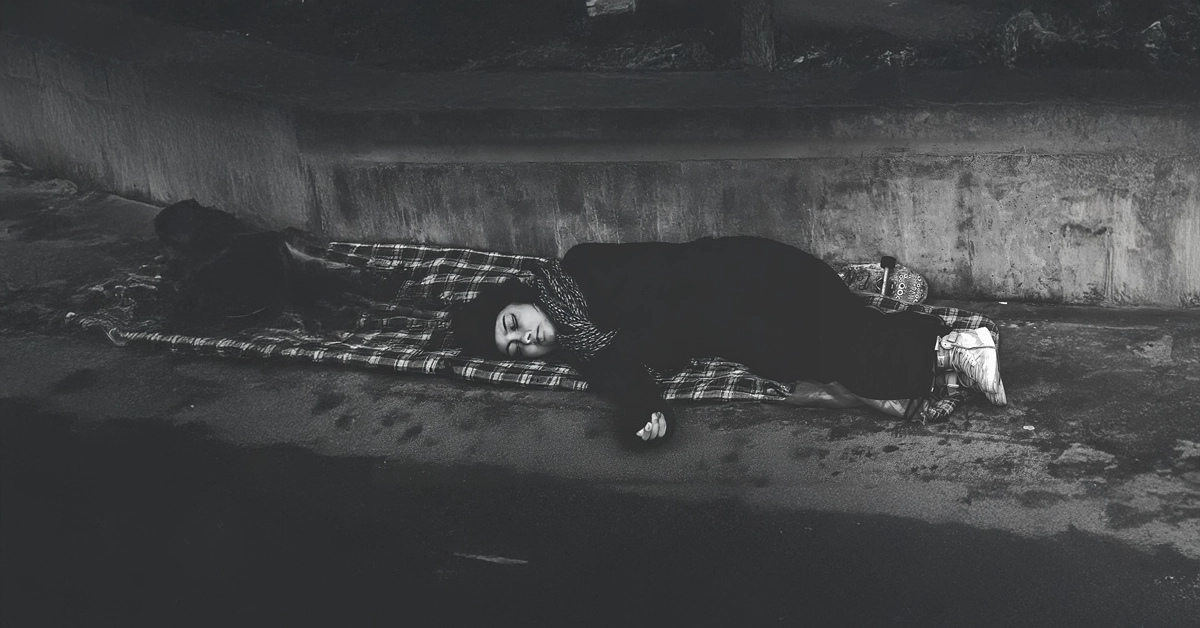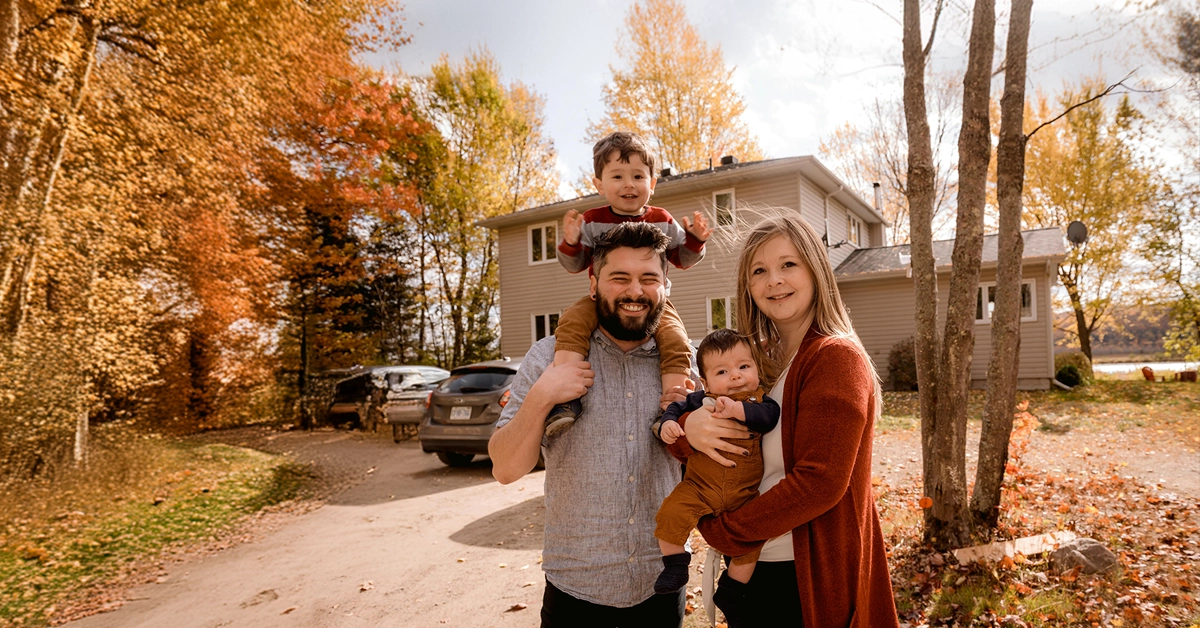We believe that housing is a fundamental human right.
Addressing housing and homelessness in the Bay Area has thus never been more essential than it is right now. Historical disparities reproduced in today’s housing system operate in tandem with the Bay Area’s immense racial wealth gap, with Black and Latinx resident’s half as likely to own homes and twice as likely to live in poverty. In short, fighting for housing stability and affordability requires putting equity front and center. Housing Justice is a social justice issue.
Take Action for Housing Justice This Election Season
Elections are coming up, and your vote can make a significant impact on housing justice in the Bay Area. Supporting Proposition 5 is a critical first step toward creating more equitable housing solutions for our community. Make your voice heard by learning more about Prop 5 and ensuring you’re registered to vote.
The Need For Housing Justice
Today over 32,000 Bay Area residents are experiencing homelessness. Housing insecurity is one of the main factors driving poverty in the Bay Area today. Whether our neighbors are facing housing/rent burdens, housing insecurity or homelessness – fundamentally we’re talking about an experience in which individuals and families are forced to choose between the cost of housing or paying for basic needs like food, clothing, and childcare.
- Households in marginalized populations are almost 4 times as likely as white households to have rent debt
- 95% of zip codes in the Bay Area have become less affordable for prospective homebuyers
- Bay Area renters have accrued “shadow debt” – borrowing money from individuals or lending institutions to cover unpaid rent
- Many families have been forced to leave the region entirely due to the lack of affordable housing options
“Sometimes I feel I’m navigating a labyrinth, where every time I think I’m getting close to the center, the maze shifts, exposing new walls and putting me back in survival mode.” –Sharryl, UWBA Ambassador
Learn how Sharryl navigated through their housing challenges

Impact Numbers
- 24 Bay Area housing nonprofits supported
- $2,000,000 in housing grants distributed
- 68 new affordable housing units supported by Housing Justice grants
Standing Up for Housing Justice in the Bay Area
United Way Bay Area is committed to ensuring everyone in our community has access to safe, stable, and affordable housing. In light of recent developments, we strongly oppose policies that criminalize homelessness, which only deepen the housing crisis. Our Housing Justice initiative works to address the root causes of homelessness and advocate for equitable solutions that uplift all Bay Area residents.
Explore how Proposition 5 can provide affordable housing solutions for California’s future

Ambassador Led Grantmaking
Community-led grants are decided by a community-led panel of 7 UWBA Ambassadors with lived experience facing housing insecurity. These grants provide direct support to keep families housed and target rental assistance and eviction prevention.
Improve access to stable, affordable housing and advocate for homelessness prevention
Our Work: UWBA, our partners, and other housing and advocacy organizations advocate for affordable and dignified housing for all people in the Bay Area, challenging misconceptions about housing and homelessness. This educational and advocacy initiative will help the public “Learn, Understand, and Act” on solutions that increase housing equity and affordability for racially marginalized groups disproportionately impacted by the housing crisis.
- Proposition 5 (formerly ACA1): At United Way Bay Area, we believe housing is a human right, and we are committed to supporting policies that ensure affordable housing for all. Proposition 5 is a critical measure that seeks to increase funding for affordable housing solutions across the state, helping to create more equitable access to housing for Bay Area residents. Your support for Prop 5 is a powerful step toward addressing our region’s housing crisis and ensuring that everyone has a safe and stable place to call home.
- Policy: We support policies and programs that improve conditions, remove barriers to, and increase the supply of safe and stable affordable housing. We do this by advocating for the increase of public funding for housing, the reform of exclusionary land-use policies, and the open access to housing opportunities for communities of color, as well as by centering renters at risk of displacement. Learn more about our policy work.
- Grant Making: We award grants to support non-profit organizations across the Bay Area, working to increase access to stable and affordable housing, address the racial wealth gap, prevent homelessness, and promote increased policy advocacy around the issue. Learn more about our Housing Justice grants.
Reach Out
I would love to hear from you. Contact us, and a member of our team will reach out to you.

Karen Nemsick
Director, Housing Justice
Keep Me Up to Date on Our Housing Justice Work
Help Make Housing a Reality
We are stronger together.
In the coming weeks keep an eye on your inbox for news and information about housing justice in the Bay Area.



